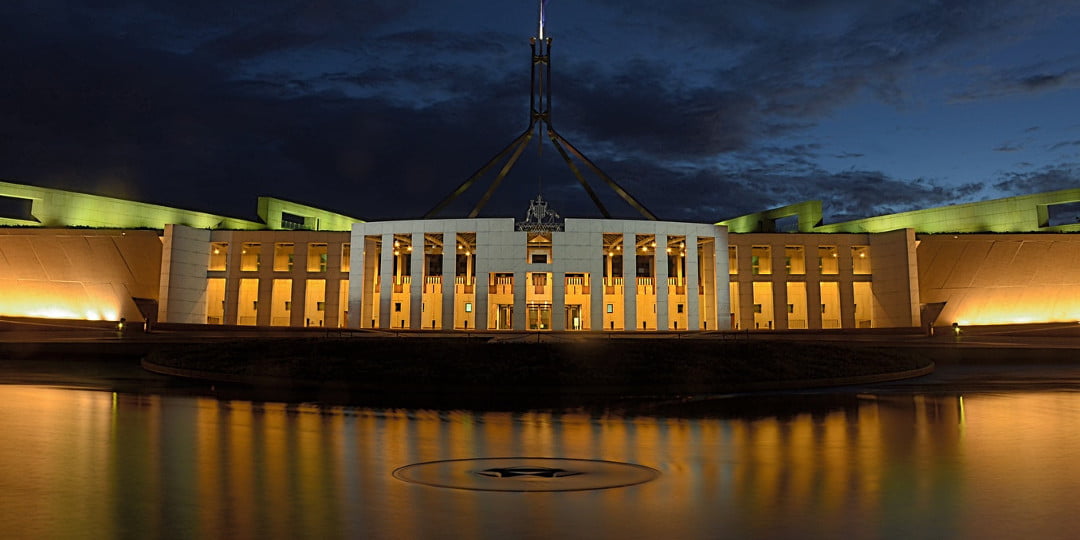Populism is everywhere at the minute. It’s particularly pronounced in the rise of Trumpism and Hansonism, but is found on the left, the right and the centre whenever people seek to win over an audience with arguments that confirm the fears, biases and prejudices of that audience but fail to take account of the breadth and complexity of the issue being addressed. And although I try my hardest to avoid it, I dare say that in the 400 odd posts in this blog, I may well have had occasions where I too have been guilty of populism.
Populism is ugly because it posits simplistic solutions to genuine problems, and in the process people get hurt. Here are eight principles that may lead us to a better path.
1) Always read/dialogue with those who disagree with you with the intention of learning from them.
For many years of my life I read only those who saw the world through the same framework that I did, and surprise, surprise, the arguments of those I opposed seemed so fragile I almost felt pity for those who held them. When however I started to read the best representatives of the views in opposition to mine I discovered not only that they frequently possessed intellectual rigour but that they helped me see the issue more clearly.
2) Be critical of power, including your own.
Some people have a rather benign view of power, assuming that people and institutions always act with purity of heart and mind. Others have a cynical view of power, assuming that those with power always use it in their own interests. The first approach yields uncritical trust in power that treats its favoured leaders as though they were Jesus himself, while the second yields a biting cynicism that can see nothing but the devil. Yet the world I live in is one in which people which human beings are neither all good or all bad. As Aleksander Solzenhytsen put it:
“If only it were all so simple! If only there were evil people somewhere insidiously committing evil deeds, and it were necessary only to separate them from the rest of us and destroy them. But the line dividing good and evil cuts through the heart of every human being” The Gulag Archipelago
I expect those with power and the institutions the stand behind them to be capable of both misplaced self-interest and enlightened other-interest and to be capable of both at the same time. This demands that I be critical, recognising and exposing naked self-interest and praising genuinely good other-interest. It demands I do the same for myself, learning to practise the discipline of self-critique.
3) Listen to the affected
The most powerful moments of change and repentance in my life have come from listening to the stories of those who were most impacted by particular policies or practices. My views on refugees, indigenous well-being, poverty, sexuality and so much more have all changed as I’ve listened to the stories of those who are marginalised, trodden down, and exploited. They taught me to see the impacts of policies and practices on real human beings and impart a wisdom that only those on the underside of an issue possess.
4) Remember that our most valuable institutions were hard won but easily lost
Some of our social institutions serve to do little more than entrench the power and the interests of the elites, but the central institutions of liberal democracy that provide the foundation for the ways we live took centuries to develop. Yet they can be quickly lost to populism. Freedom of speech, conscience and religion; respect for the inherent worth and dignity of every human being; the rule of law; freedom of the press; prohibitions on discrimination against people on the basis of their religion, sexuality or gender; and the like should be protected with tenacity. This is why I was alarmed by the recent outbursts of President Trump declaring the press to be “the enemy of the people” and declaring that the judges who struck down his immigration laws were “bad judges”. By all means let us disagree with what the press says and launch legal challenges to the judgements of courts, but when we start defaming the institutions themselves, we begin wandering down a very dangerous path
5) See the yearning that lies behind the rhetoric
It has been my experience that behind deeply objectionable and offensive ideas/behaviours frequently lie yearnings that are good. For example, many of those clamouring for harsh treatment of refugees are driven by a yearning to live in a community that is safe and that feels like home. These are good yearnings and by identifying them and honouring them it is often possible to find a shared space that allows us to identify better ways to satisfy those yearnings.
6) It matters what you value and dream about
When we are faced with difficult choices, and particularly the choice between easy self-interest and the more difficult pathways of love, generosity and grace, it is our values and the kind of world we dream of belonging to that provide us with the fortitude to either take the more difficult pathway or surrender to self-interest.
7) The right to have an opinion doesn’t make it a good opinion
Everybody has the right to their own opinions, beliefs and values, but this does not mean all opinions are equally truthful. People should always be treated with respect, but ideas and argument should always be open to critique, evidence and debate and we should not be afraid of saying that some arguments are simply weaker than others.
8) We need respectful but robust debate
On any given issue we need to treat each other with respect, kindness and generosity, but at the same time we need to be able to disagree, to push each other on the merit of our arguments and their consequences intended and unintended. It is debate like this that exposes the weaknesses and fragility is of our arguments and enables us to collectively embrace that which is strong.
These principles are of course easy to lay out, but more difficult to follow. Yet in this age of populist rage I think we need to work harder than ever to live them out.






